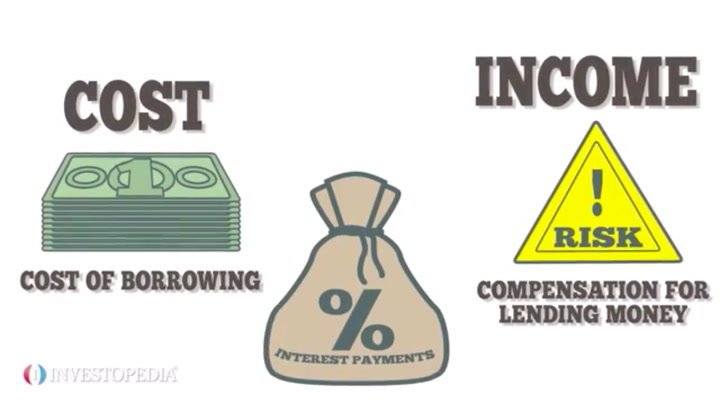Harmful interest rate cap bill heads to Senate
HB 132 is one of the worst bills in the New Mexico Legislature this session. It sets the Legislature up with the power to place arbitrary caps on interest rates. The Rio Grande Foundation has previously written about it here.
As noted HERE, Speaker Egolf engaged in numerous questionable tactics in order to get the bill introduced and through the House Judiciary Committee.
On the merits, well-off legislators and others MAY not find a high-interest-rate loan attractive, but unlike many working class and poor people they have collateral available.
This legislation is being heard on Saturday, January 28, 2022, in the Senate Health and Public Affairs Committee on the afternoon of Wednesday, Feb. 9.
Every Citizen of New Mexico Deserves Access to Some Form of Credit
Unexpected expenses and financial challenges are a part of life. When an unplanned medical bill or home repair pops up, small dollar loans can be a lifesaver. For many families, these loans provide a critical lifeline.
New Mexico Legislators Must Protect Access to Credit for New Mexico Workers and Families
The COVID-19 pandemic (and the Governor’s response to it) hit New Mexico hard. Thousands of businesses closed forever, and many of our fellow citizens are struggling to pay bills.
Now, some state politicians in Sante Fe could make things worse by placing an arbitrary cap on interest rates on small dollar loans. If passed it would make it harder – sometimes even impossible – for low-income New Mexicans to access the credit options they need.
Consumer credit rate caps will drive responsible loan providers out of the market, and will deny tens of thousands of New Mexicans with less than perfect credit access to the only form of credit they may have.
As we work to recover from the pandemic, it’s essential that all New Mexicans have access to resources like credit to survive and thrive.

